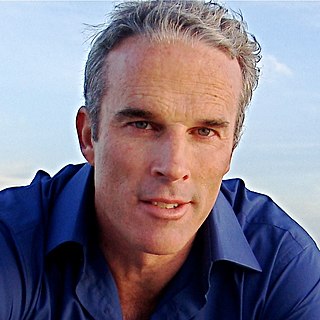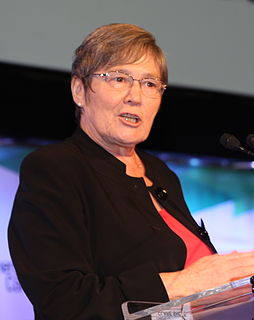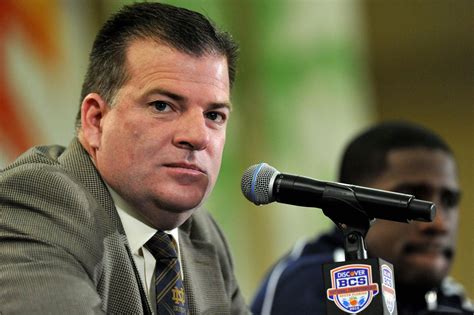A Quote by Harry Belafonte
We have the opportunity now to look at the two billion people in the world who suffer from the most abject poverty, hunger, disease, and devastation. Add to that another two billion people who are just plain poor. If you look into the world of those caught in economic oppression, illiteracy, disease, and sexism, then you'll understand more clearly what we have to do.
Related Quotes
For the first time ever we are capable of removing abject poverty, illiteracy and the diseases of poverty from the human condition. The current intensification of global economic integration has demonstrated that there is enough knowledge, technology and capital to bring development to all the people of the world.
The 1 to 2 billion poorest in the world, who don't have food for the day, suffer from the worst disease: globalization deficiency. The way globalization is occurring could be much better, but the worst thing is not being part of it. For those people, we need to support good civil societies and governments.
Mother Earth is in pain and ailing - bglobal warming. The world is dealing with issues of immigration, deindustrialization, and poverty. When I was born, there were 2.5 billion people living on the whole planet. Now there are 2.5 billion people living on less than $2 a day. That's the kind of reality we have to deal with.
The collective shortfall of the 3.08 billion people (47 percent of world population) who, in 2005, lived below $2.50 per day was $507 billion per annum, which indeed comes to about two-thirds of the present US military budget. This gives us a rough sense of how much the eradication of poverty would cost.
Women represent 70 percent of the 1.3 billion people in our world who live in absolute poverty. Consequently, as Joan Holmes, president of the Hunger Project, points out, any realistic efforts to change patterns of chronic hunger and poverty require changing traditions of discrimination against women.




































